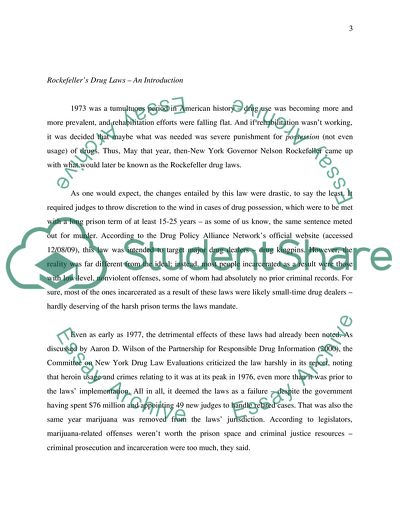Cite this document
(The Need For Reforming Of Rockefeller Drug Laws Case Study, n.d.)
The Need For Reforming Of Rockefeller Drug Laws Case Study. Retrieved from https://studentshare.org/law/1730907-public-policy-essay-on-the-rockefeller-drug-laws
The Need For Reforming Of Rockefeller Drug Laws Case Study. Retrieved from https://studentshare.org/law/1730907-public-policy-essay-on-the-rockefeller-drug-laws
(The Need For Reforming Of Rockefeller Drug Laws Case Study)
The Need For Reforming Of Rockefeller Drug Laws Case Study. https://studentshare.org/law/1730907-public-policy-essay-on-the-rockefeller-drug-laws.
The Need For Reforming Of Rockefeller Drug Laws Case Study. https://studentshare.org/law/1730907-public-policy-essay-on-the-rockefeller-drug-laws.
“The Need For Reforming Of Rockefeller Drug Laws Case Study”, n.d. https://studentshare.org/law/1730907-public-policy-essay-on-the-rockefeller-drug-laws.


